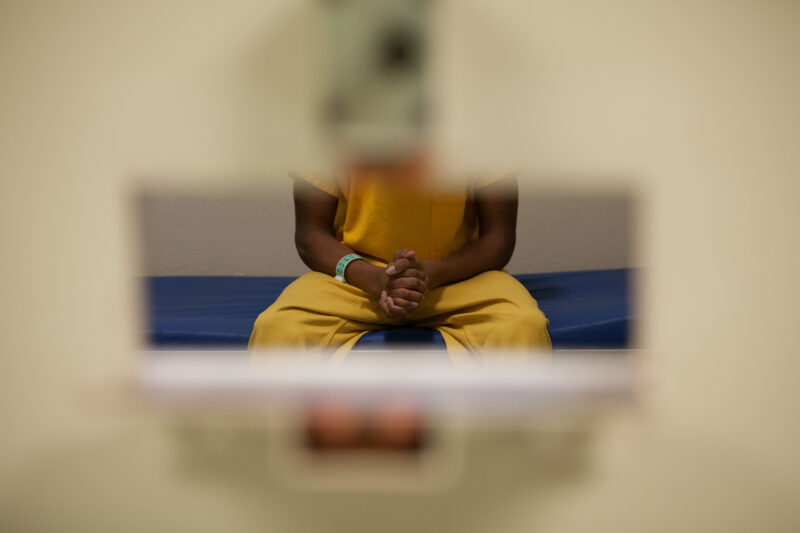During any given year in the U.S., over 700,000 teens are referred to the juvenile justice system. Some are sentenced to a corrections facility; others are placed in a community-based alternative and many receive probation.
Youth For Christ’s Juvenile Justice Ministry (JJM) is responding to this ongoing crisis, sharing Christ’s love with teens who are often overlooked and underserved in their communities. With 120 ministry sites across the country, YFC utilizes a mentor-based approach to ministry, where adult volunteers foster relationships with young people who are navigating the different pillars comprising the juvenile justice system: Community, Courts and Corrections.
YFC Serving Kansas City leaders observe a key locational distinctive that impacts ministry efforts.
Reaching Multiple Counties for Christ
Nathan Sanders, Juvenile Justice Ministry Director of Kansas City, said “One unique aspect of our chapter is geographical: Kansas City sits on the borders of Kansas and Missouri. We engage with juvenile justice systems in two states and three counties. And while this gives us the opportunity us to work with different administrations and leaders, it can also be challenging since each area has its own policies.”
Though JJM regularly ministers to teens in bleak settings, Sanders is quick to dispel the notion that these young people are much different from their peers.
Sanders shared, “When someone asks me what serving these teens is like, I tell them it’s like going to a youth group. I think that when people hear ‘juvenile justice,’ their minds naturally focus on ‘incarceration,’ which is definitely a tough situation. But once you get inside these facilities, you see that these teens are going through the same issues as every other teen out there. They’re struggling with thoughts of, ‘Am I loved? ‘Am I accepted?’ ‘What is my identity?’”
Being A Positive Role Model
JJM’s mentor-based approach is proving prescient, because while their team ministers to a diverse cross-section of young people, most incarcerated teens share a common through line.
Sanders said, “Most of the young people we serve don’t have a positive male role model or figure in their life. Sometimes there’s a grandma, grandpa, or an uncle providing some older influence there. But fatherless is prevalent among these teens.”
Building on JJM’s pioneering approach to connecting positive adult role models to teens, the Kansas City chapter is committed to stepping into this vacuum of leadership to offer young people guidance and hope.
Jacob Bland, president and CEO of YFC, said, “Young people in the juvenile justice system often feel overlooked, and it’s our passion to make them feel seen, heard, and valued. Juvenile Justice Ministry leaders aim to be a steady voice and presence in their lives, intentionally postured as humble and authentic mentors.”
